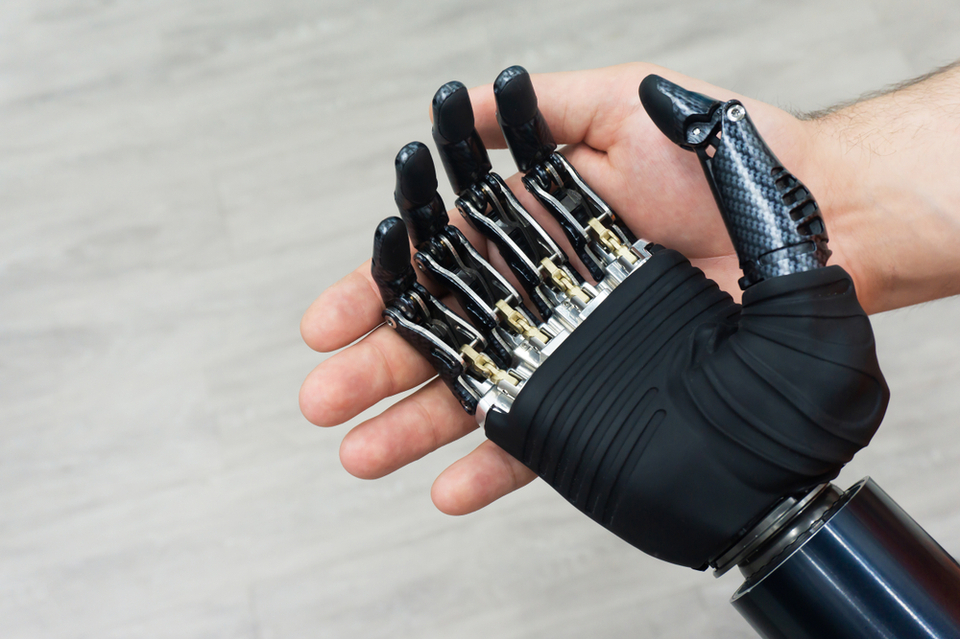A new research study reveals how the human brain recognizes prosthetic limbs as real limbs.
In a new study conducted by researchers from the University College London, researchers revealed new insight into how prosthetic limbs are represented like real hands in the brain.
According to the researchers, the human brain has the capability to take advantage of specific brain resources that are originally dedicated to the hand to represent an artificial limb.
The study reportedly provides the first-ever account of how artificial limbs are being represented in the brains of amputees.
“While the use of a prosthesis can be very beneficial to people with one hand, most people with one hand prefer not to use one regularly, so understanding how they can be more user-friendly could be very valuable,” Dr. Tamar Makin of UCL Institute of Cognitive Neuroscience and lead author of the study said.
“If we can convince a person’s brain that the artificial limb is the person’s real limb, we could make prostheses more comfortable and easier to use.”
How Prosthetic Limbs are Represented in the Brain
Dr. Makin and his team’s study included 32 people with only one hand and a control group comprised of 24 people with two hands.
Both groups were shown photos of prosthetic limbs. The images include the participants’ own prostheses, as well as their real limbs. Then, the neural responses of the participants were analyzed using a functional magnetic resonance imaging (fMRI) scan.
Read More: Researchers use Brain Imaging Tech to Measure Patients’ Intelligence
During the experiment, the researchers observed that the participants with prostheses had stronger neural responses in the brain’s visual cortex area that enables people to recognize hands. This is the case particularly to the ones who use prosthetic limbs on a daily basis.
Aside from that, the brains of the participants also responded to artificial limbs that are functional but don’t resemble a hand, like a hook prosthesis.
The researchers also studied the connection between the area of the sensorimotor cortex which supposedly controls the missing hand and the visual hand-selective area of the brain.
The team discovered that people who use prosthetic limbs regularly have better connectivity between the two said areas of the brain.
“Our findings suggest that the key determinant of whether the brain responds similarly to a prosthetic hand as it does to a real hand, is prosthetic use. As many of our study participants lost their hand in adulthood, we find that our brains can adapt at any age, which goes against common theories that brain plasticity depends on development early in life,” Fiona van den Heiligenberg, the study’s first author, was quoted as saying.
In an interview, Clare Norton, one of the participants who’s an amputee, said:
“Logically I know my prosthesis is not my missing hand – it’s a tool, it’s a new sensation, and I accepted that. The more I use my prosthesis, the more I feel like it becomes a part of me.”
According to Dr. Makin, the ultimate barrier lies on how much the prosthetic limbs are being used. He and his team believe that their findings could provide useful insights that can be used to improve prosthetic limb designs and patient rehabilitation strategies.












Comments (0)
Most Recent